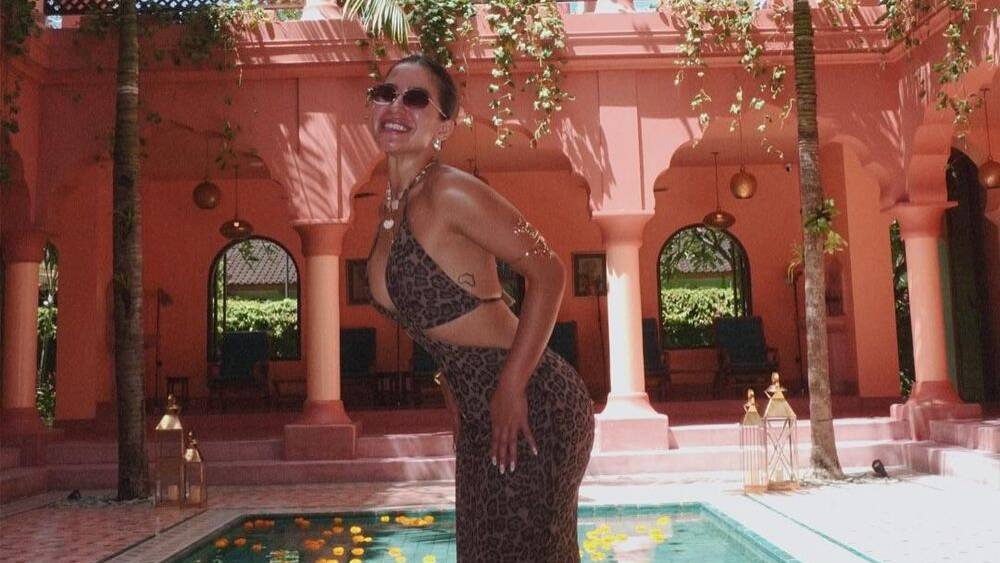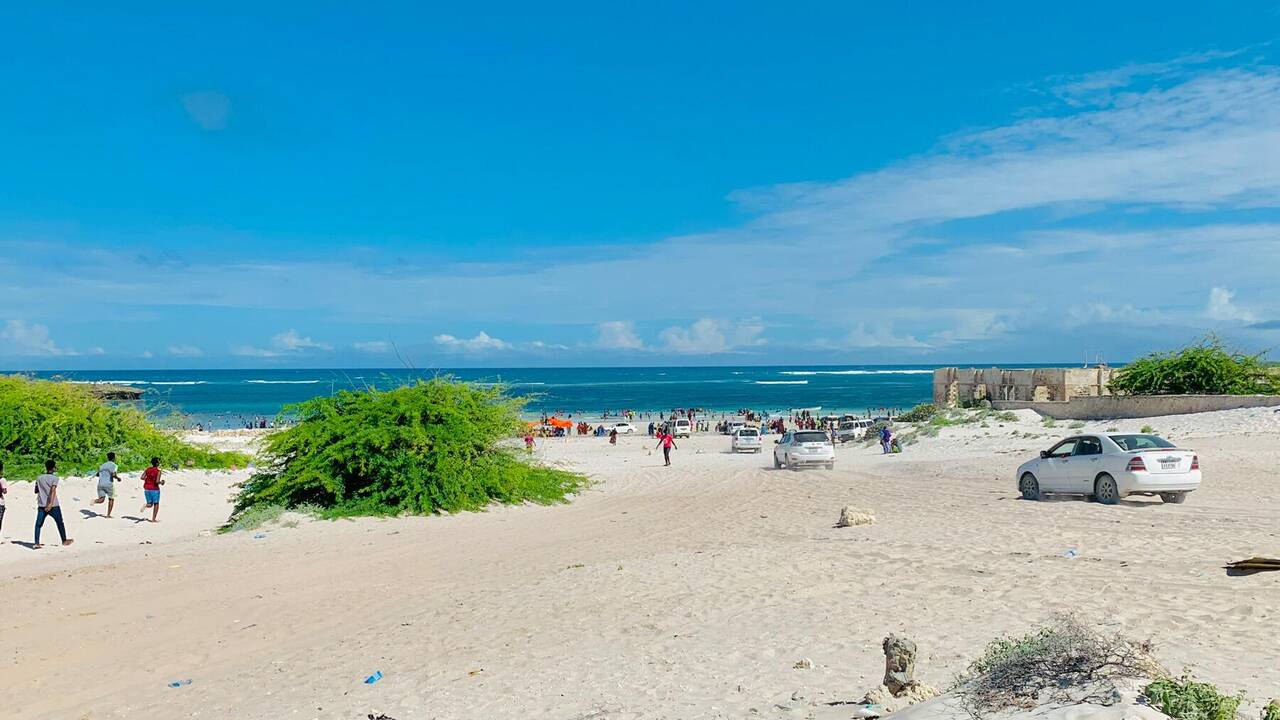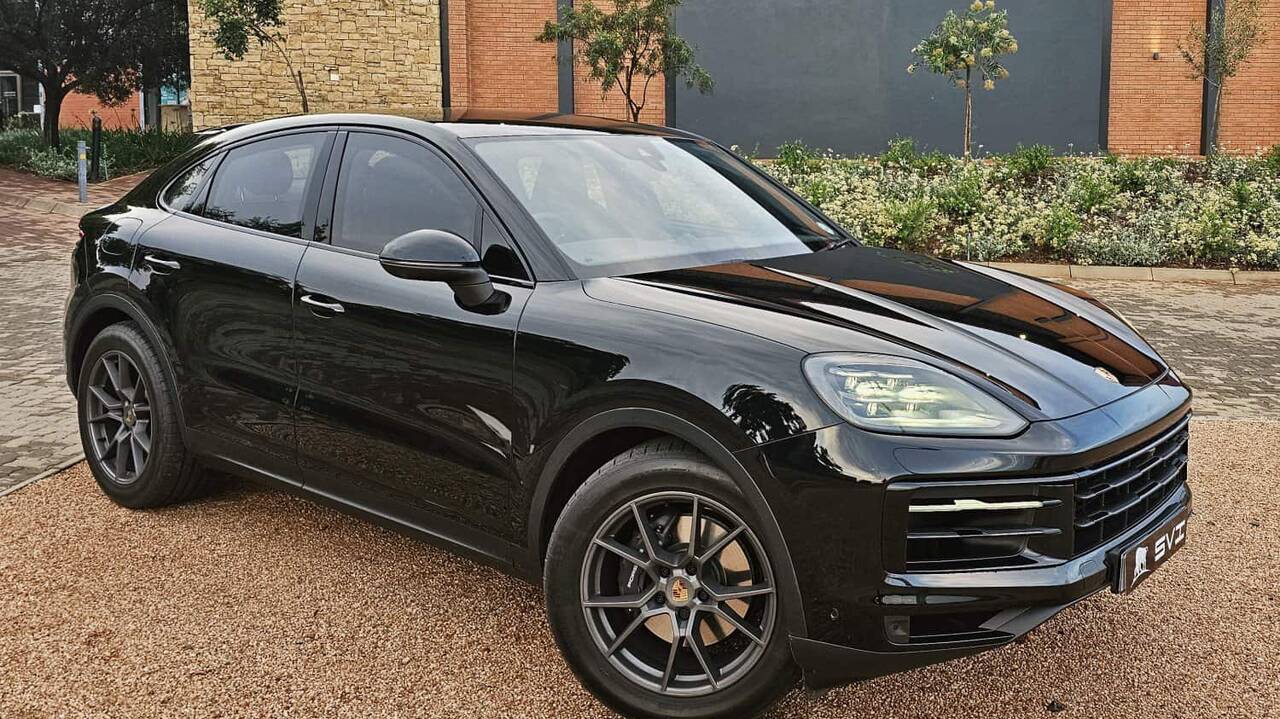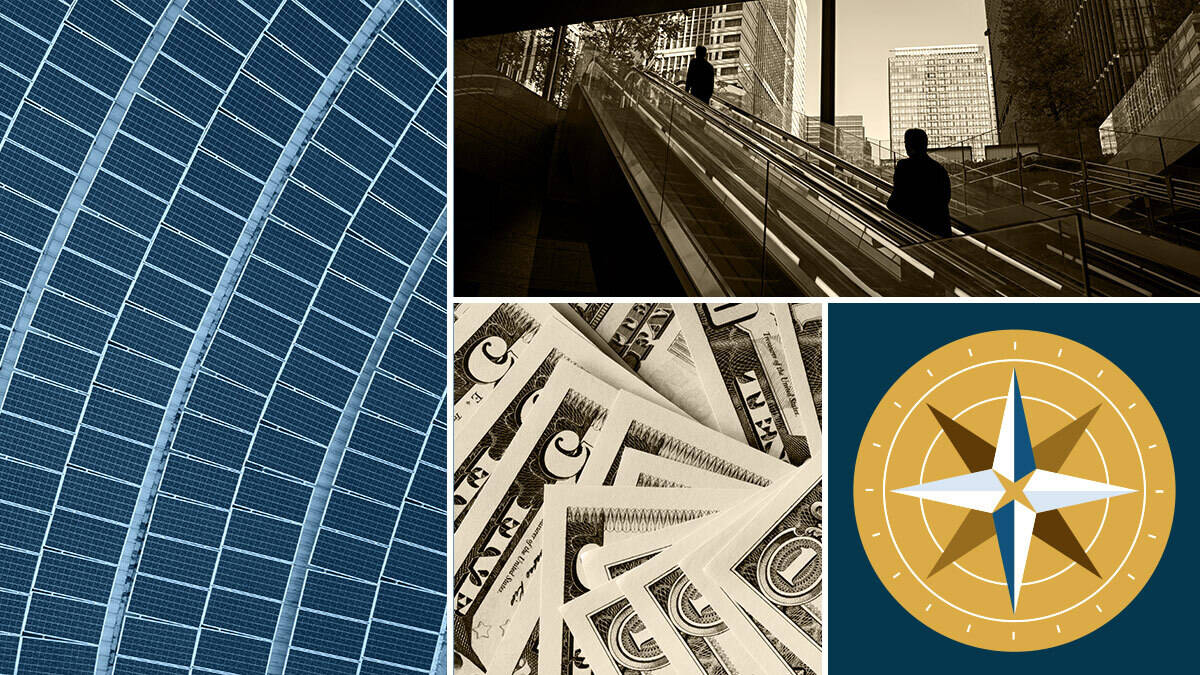When is the 2027 Rugby World Cup draw and what is the format?
BBC | 18.11.2025 17:07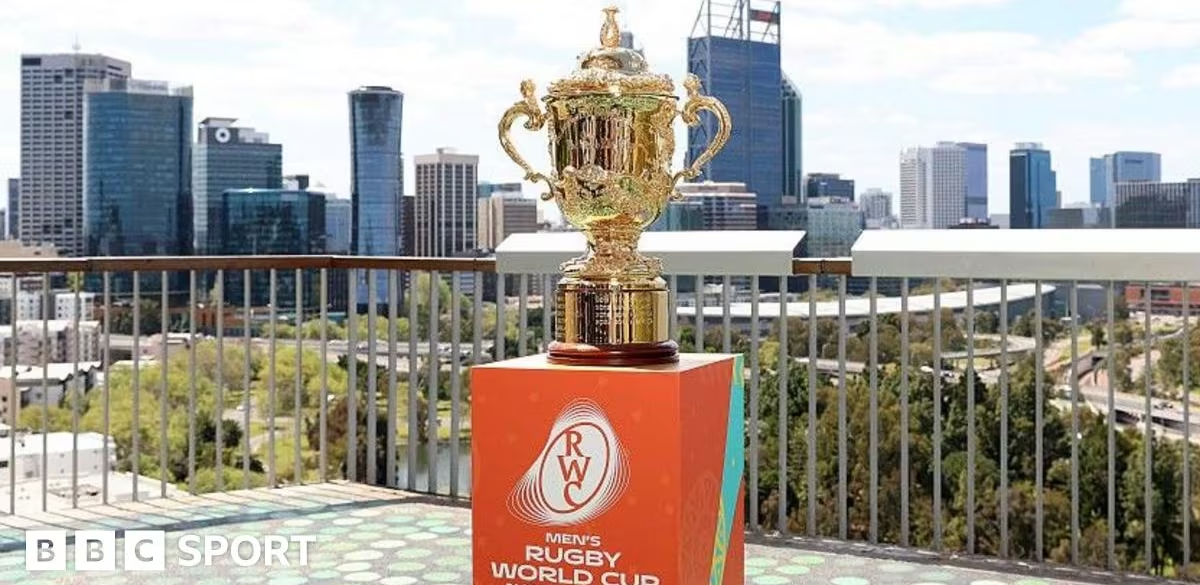
The draw for the pool stage of the 2027 Rugby World Cup will take place on Wednesday, 3 December in Sydney.
The tournament, which will be staged in Australia from 1 October to 13 November, will be expanded from 20 to 24 teams.
The 12 teams that finished in the top three of their pools at the 2023 Rugby World Cup have automatically qualified. That means France, New Zealand, Italy, Ireland, South Africa, Scotland, Wales, Fiji, Australia, England, Argentina and Japan are all in.
Georgia, Spain, Romania, Portugal, Tonga, Canada, United States, Uruguay, Chile, Zimbabwe and Hong Kong all booked their places through qualifying tournaments.
The last spot will go to one of Belgium or Samoa and will be decided at a final qualification tournament held in Dubai on Tuesday.
The opening match of the World Cup will take place in Perth, with the final being staged in Sydney.
How does the draw work?
Teams are seeded from one to 24 based on their world ranking at the time of the draw in December. They are then placed in four bands of six teams.
Each pool will have one team from each of the four bands.
The World Cup format added extra incentive for teams in the autumn internationals as teams looked to gain a late rise up the rankings and improve their seeding.
Australia are guaranteed to be in Pool A as hosts, but could face a top seeded team if they fail to climb into the top six of the world rankings.
Band 1: South Africa, New Zealand, England, Ireland, France, Argentina
Band 2: Australia, Fiji, Scotland, Italy, Georgia, Wales
Band 3: Japan, Spain, Uruguay, United States, Chile, Tonga
Band 4: Portugal, Romania, Hong Kong, Canada, Zimbabwe
(plus either Belgium - ranked 22nd - or Samoa - ranked 17th)
*Correct as of 17 November 2025
What is the format?

The top two teams from each pool will progress to the round of 16 along with the four best third-place nations. This is where it gets a bit more complicated...
- The top team in Pools A, B, C and D will face teams that finished third in their group
- The winners of Pools E and F will play the runners-up from Pools D and B
- The runners-up from Pools A and C will then take on the runners-up from Pools E and F
Some have said the format is imbalanced, but organisers say this is "addressed in the next round" and will even itself out.
So for example, the winner of Pool A will play a third-place team in the round of 16, but could face the winner of Pool B if that team advances. The winner of Pool E will play a second-place team in both knockout rounds.
Why is the Rugby World Cup draw done so early?
It is not uncommon for World Rugby to host the draw years before the tournament. The pools for the 2023 World Cup were decided in December 2020, for example.
That draw caused controversy as the world's five best ranked teams in 2023 - Ireland, France, New Zealand, South Africa and Scotland - ended up on the same side of the draw because of their rankings at the time of the draw three years earlier.
The 2027 draw is being conducted closer to the tournament this time. This is to:
- Reflect current form and rankings halfway through the international cycle
- Help fans and teams make travel and accommodation arrangements
- Give organisers time to stage a successful tournament
- Allow host cities and states time to engage with local communities
This article is the latest from BBC Sport's Ask Me Anything team.
What is Ask Me Anything?
Ask Me Anything is a service dedicated to answering your questions.
We want to reward your time by telling you things you do not know and reminding you of things you do.
The team will find out everything you need to know and be able to call upon a network of contacts including our experts and pundits.
We will be answering your questions from the heart of the BBC Sport newsroom, and going behind the scenes at some of the world's biggest sporting events.
Our coverage will span the BBC Sport website, app, social media and YouTube accounts, plus BBC TV and radio.
